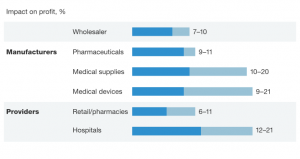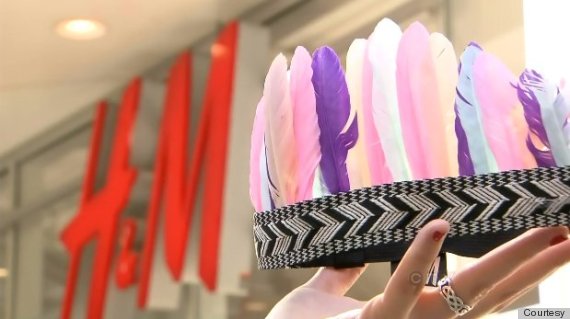
Roughly 25 percent of pharmaceutical costs and over 40 percent of medical-device costs stem from supply chains. If the industry cuts inefficiency and issues concerning supply chains, they could save an estimated $130 billion of dollars according to McKinsey&Company consultants.
.
To transform the supply-chain takes 5 adjustments as outlined by McKinsey&Company. The three internal adjustments include segmenting their supply chains, aligning their production cycle to demand patterns, and maintaining a solid measurement of supply chains. Two external adjustments, noted the most impactful, are aligning to a set of global standards that facilitates data and processes, and developing collaboration within partnerships by improving cultural relations and being ambitious.
“At a recent meeting of senior supply-chain executives in the pharmaceutical and medical-device industries, we asked attendees which of these five supply-chain changes offered the greatest opportunity. More than 70 percent specified improved collaboration,” states McKinsey consultants.
My thoughts is that the hardest approach would be keeping a solid measurement on responsiveness, manufacturing frequency, reliability of supply, and stability. However, I agree that collaboration will provide a significant improvement on supply-chains because when a strong partnership is established and maximizes each other’s use, the results will be favourable.
 Follow
Follow
